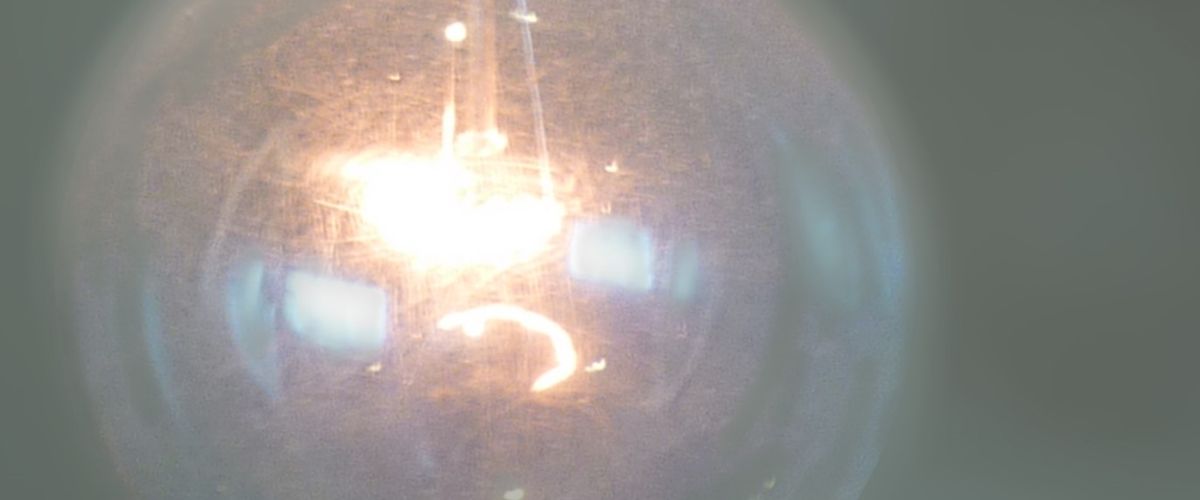
For modern thought, art is antithetical to empirical epistemology and scientific method; but this antithesis is belied by the early history of these categories as they coalesced during the seventeenth and eighteenth centuries. The Quarrel of the Ancients and the Moderns began as a debate about the significance of the great diachronic divide that seemed in itself unquestionable. However a by-product of this debate, the synchronic division between the sciences and the arts, would become no less important for modernity than the diachronic one. By virtue of this division of knowledge, natural philosophers like Bacon, Sprat, and Hooke worked to formulate the principles of scientific or experimental method. And counterintuitively, these scientific efforts encouraged in others the theorization of what later would be called “aesthetic” experience–not in opposition to, but in emulation of, empiricism and its first principle that epistemological distance is the necessary precondition for all reliable knowledge. In the critical essays of Dryden, Addison, and Johnson on the nature of dramatic response, as well as in the self-conscious novels of Defoe, Richardson, Fielding, and Sterne, we can see the emergence of a theory of the dramatic aesthetic and novelistic realism as an explicit response to the Quarrel. These theories conceive a special sort of knowing that achieves empirical distance as the basis not for the cumulative and progressive ideal of scientific knowledge but for the virtual knowledge that Coleridge at the end of the eighteenth century would identify with “the willing suspension of disbelief.” Soon after this, however, the aesthetic began its long modern devolution into a secular mode of idealism whose work is to transcend the empirical and no longer to mediate between the senses and the understanding.
Professor McKeon is the author of The Secret History of Domesticity: Public, Private, and the Division of Knowledge (Johns Hopkins University Press, 2005), which won a Professional and Scholarly Publishing Award given by the Association of American Publishers. He is also the author of the groundbreaking The Origins of the English Novel, 1600-1740 (John Hopkins University Press, 1987, 2002), which won the James Russell Lowell Prize, as well as Politics and Poetry in Restoration England (Harvard University Press, 1975). He also edited the anthology Theory of the Novel: A Historical Approach (Johns Hopkins University Press, 2000). In addition, he has published numerous articles on seventeenth- and eighteenth-century literature and culture and on literary theory and methodology.
